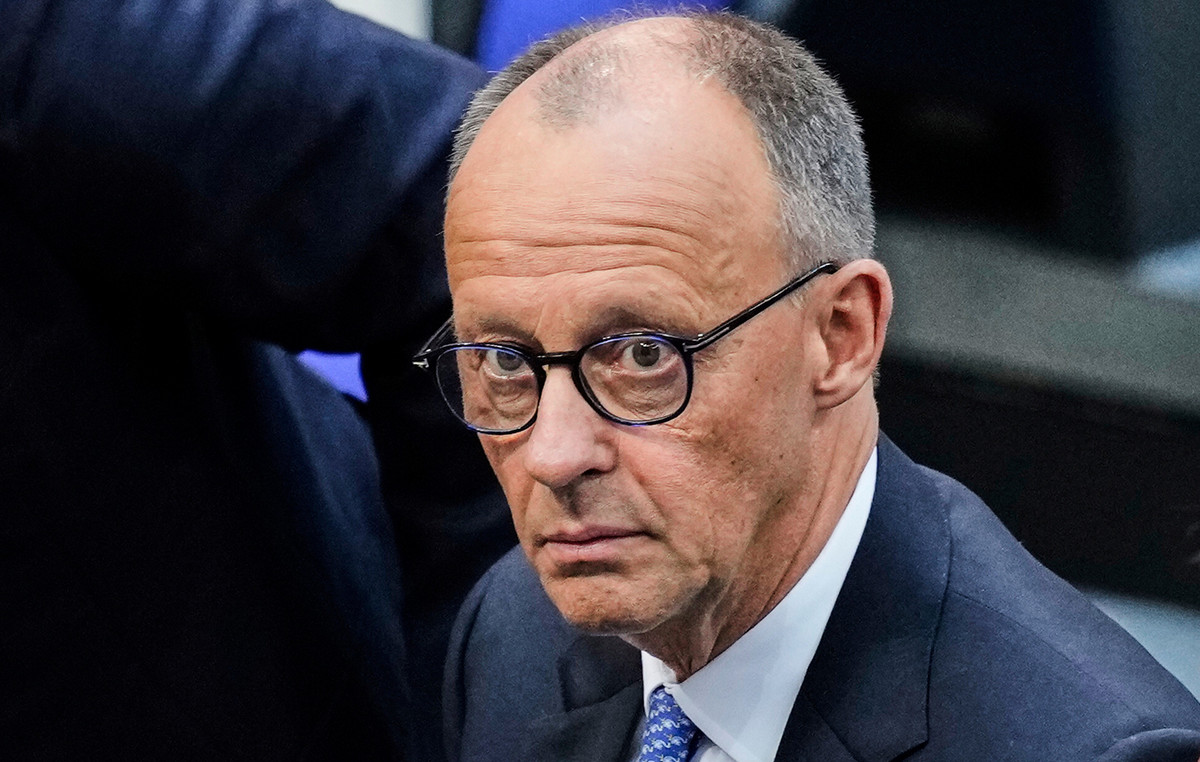The recent rise in food and fuel prices is intensifying pressure on governments around the world to pay consumers’ bills, weighing on already precarious public finances and exacerbating political instability in the hardest-hit economies.
Frightened by the recent protests that have erupted from Bangkok to Sicily, many governments have adopted subsidies or tax breaks to protect families and businesses from rising prices. However, onlendings are adding to already high debt, at a time when borrowing costs are rising.
In Europe, Russia’s attack on Ukraine sent gasoline and diesel prices through their biggest jumps since the oil shocks of the 1970s, against a backdrop of already rampant inflation.
Last month, Greek farmers drove their tractors to the Ministry of Agriculture in Athens to demand help. In Sicily, protesting truck drivers stopped deliveries of food, including those of the Italian island’s famous oranges.
In Spain, striking truck drivers caused food shortages in some areas and prompted companies like Danone and Heineken to warn of production cuts.
Also in March, France averted a similar strike with a €400 million aid package, which includes direct payments to truck drivers. In Spain, strikers rejected a €500 million government aid package as too small.
Germany recently released cash payments to taxpayers, heavily discounted public transport tickets and a temporary cap on gasoline and diesel.
All these extra expenses come on top of three years of increased public spending related to the pandemic. The governments of the 19 eurozone countries are likely to run budget deficits of around 4.5% of gross domestic product (GDP) on average this year, in part due to new subsidies, according to Capital Economics.
For emerging markets in particular, the cost of often depleted public coffers is also an issue. Emerging economies are expected to refinance debt worth about $7 trillion this year, up from $5.5 trillion in 2021.
Economists say Asian countries are in better shape to weather the war’s inflationary shock than in previous crises, with stronger public finances and less dependence on foreign capital.
Some, like Malaysia and Indonesia, are net commodity exporters. Higher receipts from these exports can help finance subsidies without blowing big holes in their budgets, economists say.
Source: CNN Brasil
I am Sophia william, author of World Stock Market. I have a degree in journalism from the University of Missouri and I have worked as a reporter for several news websites. I have a passion for writing and informing people about the latest news and events happening in the world. I strive to be accurate and unbiased in my reporting, and I hope to provide readers with valuable information that they can use to make informed decisions.







